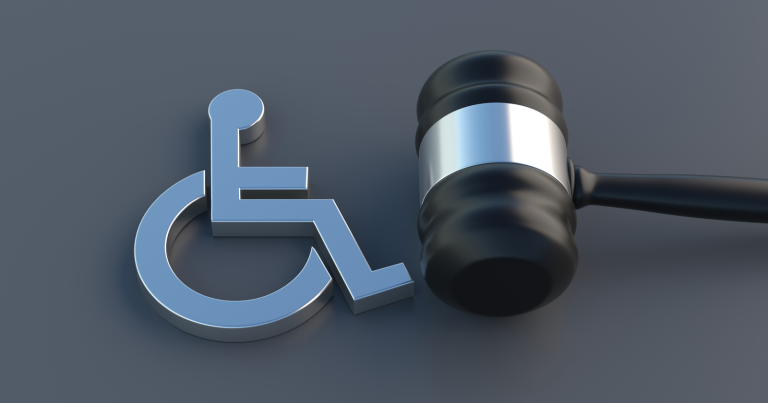
Personal injury is a mind-bending experience, causing a whirlwind of physical, emotional, and financial challenges. The personal injury settlement process can be a source of relief for victims, but understanding it is essential.
This blog post aims to reveal six key elements that greatly influence personal injury settlements.
The 6 Key Factors
1. Nature of Physical Harm
Perhaps, this is the most vital aspect that influences the settlements in personal injuries. Injuries that cause permanent disability, are severe enough to cause long-term suffering or involve intensive medical care may attract higher compensation amounts.
The extent of such impacts on the affected party’s life such as employment prospects and normal participation in daily activities are considered by insurers or courts.
2. Fault
Who caused the damage? When there is clear evidence pointing toward the defendant’s guilt, there can be a likelihood of better settlement for plaintiffs, but, in cases when liability is disputed, some payments might get reduced.
In some cases, the concept of comparative negligence comes into play, where the victim’s compensation is adjusted based on their degree of fault in the incident.
3. Hospital Bills
A major component of compensation involves all costs incurred for medical attention due to bodily harm, including recurrent therapy sessions, ongoing treatment, and any devices or modifications made within your home arrangement to help you continue living with the health changes.
This calls for proper documentation justifying each medical expense to facilitate maximum compensation claims.
4. Wage Losses
In many instances, an accident results in an inability to work, leading to a loss of income. Subsequently, the amount reached can depend on how much money an individual would have earned had they worked during the recovery period as well as future earning capacity damages caused by these injuries.
Accurate records of income before and after the injury are essential to support this aspect of the claim.
5. Pain and Suffering
Pain and suffering refer to the physical and emotional trauma that accompanies injuries. Unlike medical costs and wages, it can be difficult to quantify pain and suffering through a simple calculation of invoices or pay stubs due to their subjectivity in different cases.
Moreover, the age of the accident victim, pre-existing health condition as well as how debilitating is an injury in terms of quality of life can be factors influencing the payment for suffering.
6. Coverage Limits
Insurance limits refer to the maximum amount an insurance policy will pay out for a claim. It can limit settlement amounts, especially when the at-fault party’s coverage falls below the total damage suffered by victims.
In such instances, seeking additional compensation elsewhere, like personal assets from those found liable, may be necessary.
Why It Is Necessary To Seek Legal Counsel
Even though some personal injury claims can be settled without seeking legal assistance, there are circumstances when seeking personal injury attorneys is worthwhile.
An experienced lawyer can negotiate on your behalf in court, navigate through technicalities inherent within the legal system, and ensure that you get compensated fairly.
If your injuries are severe, responsibility is contested or insurers are unwilling to cooperate, retaining an advocate can improve your chances of a positive outcome.
Negotiating Your Settlement
Working out a personal injury settlement can be intimidating, but some strategies can help. Be ready to present your case with well-organized documentation and understand the various aspects mentioned above.
When approaching negotiations, use a realistic expectation based on how badly you were injured and at fault. Challenge the low initial offers and consider acquiring legal representation.




